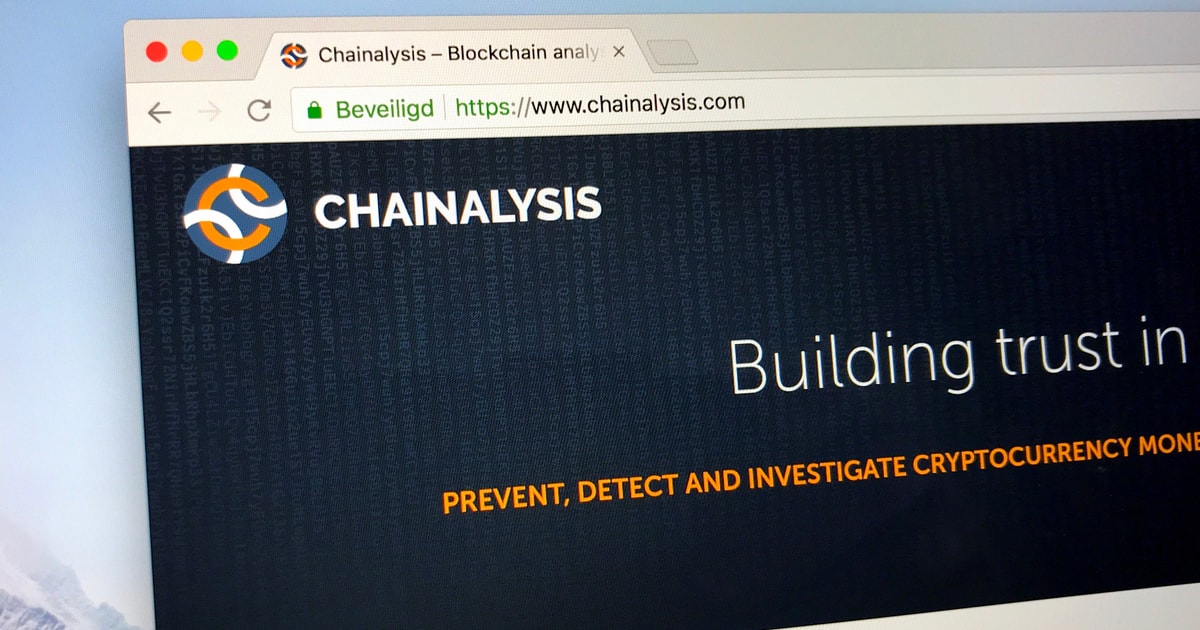Louisa Crawford
06 Aug 2024 15:33
The UK’s Operation Cronos, in collaboration with international partners, successfully dismantled LockBit, the world’s most widespread ransomware ecosystem, highlighting the importance of international cooperation in cybersecurity.
According to Chainalysis, the UK’s National Crime Agency (NCA) successfully dismantled LockBit, the world’s most prolific ransomware ecosystem, through Operation Cronos. This sophisticated takedown was accomplished in collaboration with international law enforcement and industry partners, and marks a significant milestone in the fight against ransomware.
Ransomware Network Infiltration
Operation Cronos was led by William Lyne, the NCA’s cyber intelligence officer, and Phil Larratt, Chainalysis’s head of investigations. The pair shared their insights into how UK law enforcement and international allies were able to infiltrate and dismantle LockBit’s operations. Known for its ransomware-as-a-service model, LockBit has become one of the largest ransomware groups, affecting thousands of victims worldwide.
LockBit’s business model allowed affiliates to participate in ransomware schemes, use its features, and then share a percentage of the ransom payments with LockBit’s administrators. During its lifetime, LockBit collected at least $120 million from over 2,000 victims, making it a prime target for law enforcement.
The Role of Blockchain Intelligence
Blockchain intelligence played a critical role in solving this case. According to Larratt, the transparency of blockchain technology allowed investigators to trace the flow of ransom payments. This capability allowed law enforcement to identify and map affiliate networks, track payments, and efficiently gather evidence. This level of insight was instrumental in the successful execution of Operation Cronos.
“One of the benefits of blockchain intelligence is transparency,” Larratt said. “You can see how these affiliates are operating across different ransomware variants and track payments in real time. That’s invaluable for developing intelligence and securing evidence.”
International cooperation and implementation
This operation was a collaborative effort involving the Five Eyes Intelligence Alliance (comprised of the United States, the United Kingdom, Australia, Canada, and New Zealand) and Europol. This international cooperation was crucial in resolving conflicts in the ongoing investigation and aligning efforts toward a common goal.
Line stressed the importance of this collaboration, saying: “What we see as priorities in the UK is often mirrored by our Western partners and allies. Platforms like Europol are essential for us to engage with international partners and engineer impactful disruption.”
Impact and Future Implications
The dismantling of LockBit had a significant impact on the ransomware ecosystem. Not only did this operation disrupt LockBit’s activities, it also sent a strong message to other cybercriminals. The NCA and its partners secured the decryption keys, providing relief to many victims still reeling from the aftermath of ransomware attacks.
Despite the success, the fight against ransomware is not over. The cybercrime ecosystem continues to evolve, with new groups emerging and existing groups adapting to law enforcement strategies. Line emphasized the importance of continued collaboration and innovation to combat this threat.
“We know who these criminals are, and we will continue to work with our international partners to bring them to justice,” Line said. “Ransomware poses an existential threat to many victims, and we must be vigilant and proactive in our efforts.”
Operation Cronos stands as a testament to the power of international cooperation and the effectiveness of leveraging cutting-edge technologies like blockchain intelligence in cybersecurity. As the ransomware landscape continues to change, these collaborative efforts will be critical to protecting global digital infrastructure.
Image source: Shutterstock

